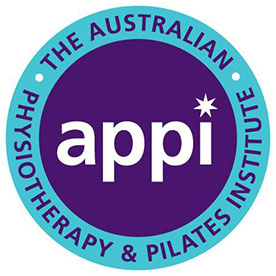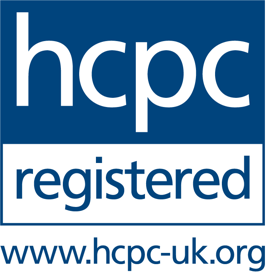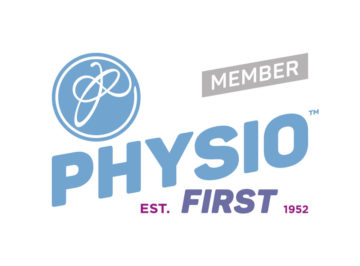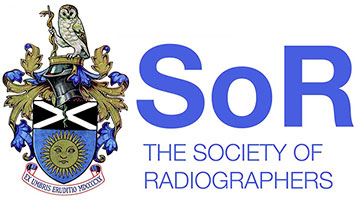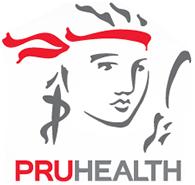.jpg)
Stress, Pain & dysfunction (Part 2) - Pain and Dysfunction
Pain & dysfunction Please refer to our first blog (Understanding Pain) to ensure the following makes more sense. When pain is experienced, some people can quickly be pulled into a vicious circle that seems there is nowhere out for them. The sufferer can experience random pain for no reason, poor sleep quality, irritability, low mood, and lethargy. This often leads to increased caffeine and sugar intake to give (false) energy to allow the person to get through the day. However caffeine and sugar only serve to further stimulate the adrenal gland and increase adrenaline and cortisol production, thus contributing to a persistent pain state. The latest research has also shown that poor sleep can lead to pain and keep the vicious circle going. Our nerves have a resting state and are simple, it fires (works) or it doesn’t. Think about if you stand on a cotton wool ball you will be aware of it, however if you stand on a drawing pin you will experience pain. If the pain in your body continues for a prolonged period then all of the above dysfunctions can lead to the resting state of the nerve beginning to increase where it lives. Thus it takes far less stimuli to experience pain, which in turn sparks the system off again and again and again. This in turn leads to decreased activity and de-conditioning of the body, leading to weak muscles and increased stress on the body. The three drivers of persistent pain are pressure (postures), thermal and chemical (stress / anxiety). These components can maintain and drive the pain state in to a chronic state. Pressure can be poor or sustained postures leading to venostasis (decreased blood and oxygen transportation), this can lead to increased pain. Thermal can be hot or cold environments leading to over stimulation of the neural system leading to increased pain. Chemical can be our negative or over stimulated thought processes leading to adrenaline and cortisol production leading to increased pain. How can Gosforth Physio & Wellness help? Early intervention consisting of both education and treatment is essential to help prevent an acute problem becoming a chronic problem. We are experts in understanding and diagnosing pain, stress and anxiety from our physiotherapists and clinical psychologist to our Pilates and Yoga instructors. We work as a collaborative team to help you understand how and why this is happening and how to educate, guide, support and treat your condition. Manual (hands on) physiotherapy and acupuncture have been scientifically proven to help reduce and contribute to the elimination of persistent pain. Pain free movement is essential to allow reconditioning of the body, this is where Pilates, Yoga and Tai Chi can help. The de-conditioned person with persistent pain may experience further pain if they attempt too much activity too soon. Physiotherapy can help facilitate a speedy recovery, whether it is to return to training, hill walking, driving or digging the garden. Physiotherapy led Pilates can help you return to a strong pain free body, while relaxing the mind and decreasing stress levels. Mindfulness meditation has also been scientifically proven to help decrease stress and anxiety, thus leading to decreased pain. Our dedicated team here at Gosforth Physio & Wellness are experts in pain and its treatment and are here to help you.



